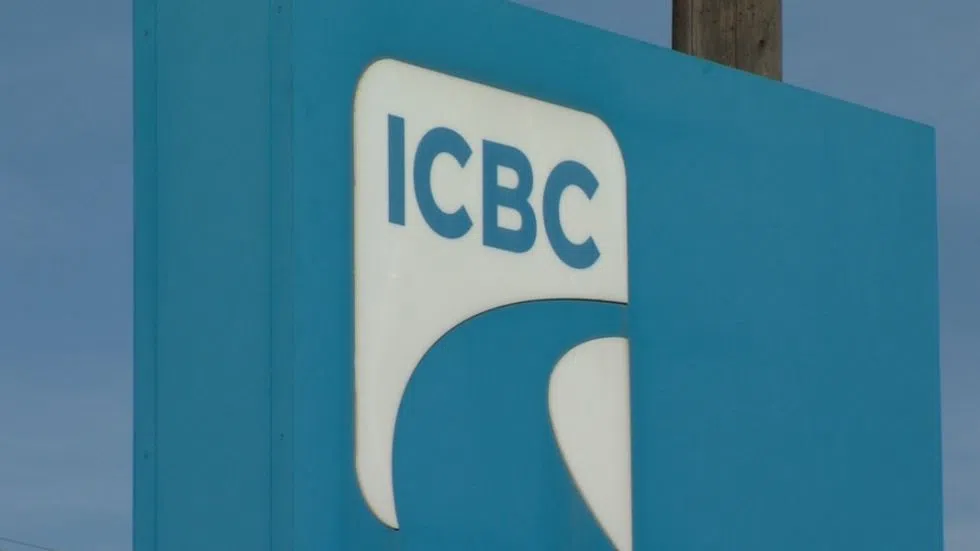
Rates to jump amid growing financial losses at B.C.’s public auto insurer
VANCOUVER — Insurance rates are going up for drivers in British Columbia and the province’s attorney general says the previous government is to blame.
David Eby said the Insurance Corporation of B.C. is in crisis, with financial losses totalling more than $500 million last year.
The insurance provider is asking the provincial utilities commission to hike basic rates by 6.4 per cent this year to combat the losses.
Optional rates will also jump and Eby said Tuesday that the average driver can expect an annual blended increase of eight per cent or $130 per year.


